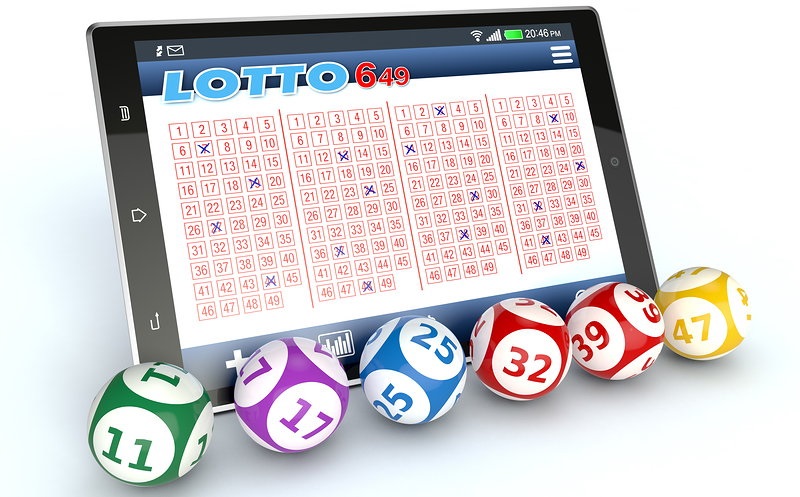In today’s fast-paced digital lifestyle, finding simple and uplifting ways to unwind matters more than ever. Online lottery experiences have emerged as a lighthearted form of entertainment that blends anticipation, hope, and relaxation. Many people view these moments as a cheerful break from routine, where optimism meets excitement in a calm and enjoyable way. With easy access and a friendly atmosphere, concepts like penyujitu daftar reflect how smoothly people begin their journey into this joyful digital pastime, keeping the experience positive and stress-free.
Comfort Meets Excitement in One Place
Online lottery participation is not only about potential rewards; it is also about the emotional balance it creates. The combination of relaxation and thrill can brighten moods and offer a refreshing pause from everyday responsibilities. The digital format adds convenience, allowing players to enjoy peaceful moments whenever they choose.
This balance makes the experience appealing to those who value both fun and simplicity. The gentle anticipation of results often inspires hope and keeps spirits high, transforming ordinary days into something more engaging.
Why Online Lottery Moments Feel So Enjoyable

Online lottery experiences are designed to promote positivity and ease. They focus on enjoyment rather than pressure, encouraging players to approach each moment with a relaxed mindset.
Some uplifting benefits include:
- A calm and enjoyable way to pass leisure time
- A sense of excitement that refreshes the mind
- Opportunities to dream big in a positive environment
- Easy access that fits comfortably into daily life
- A shared sense of joy that connects people everywhere
These aspects contribute to an atmosphere that feels welcoming, optimistic, and emotionally rewarding.
Building Positive Habits through Digital Fun
When approached with balance, online lottery play can support healthy digital habits. Many individuals enjoy setting aside short, intentional moments to relax and enjoy the experience without distraction. This mindful approach turns entertainment into a refreshing ritual rather than a rushed activity.
The focus on positivity, hope, and light excitement helps maintain emotional well-being. Each participation moment becomes less about outcomes and more about the uplifting journey itself.
A Joyful Way to End the Day
Online lottery moments can be a pleasant way to close a busy schedule. The calm thrill and friendly digital environment encourage relaxation, making evenings feel lighter and more cheerful. Instead of stress, players often carry forward a sense of optimism and satisfaction.
Embracing Simple Happiness
Ultimately, enjoying relaxing moments of fun and thrill through the online lottery is about embracing simple happiness. With a positive mindset and balanced approach, these experiences can add warmth, enjoyment, and gentle excitement to everyday life turning small moments into memorable ones filled with hope and joy.






